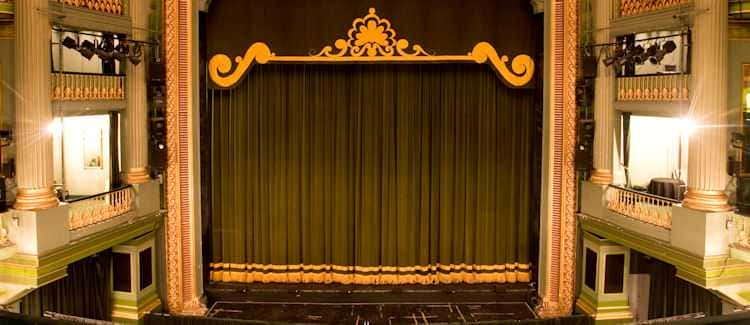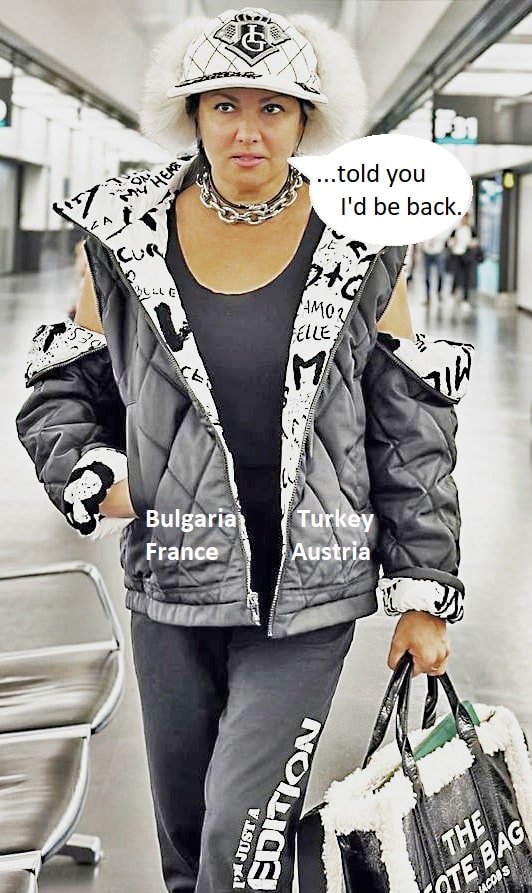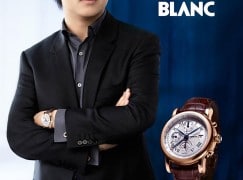The Guardian: Arts Council hates opera
NewsEverything Arts Council England has navigated in the past decade has been in the direction of pleasing the political left and the general mass of liberals who demonstrate for fashionable causes.
Its assault on opera – both by means of financial cuts and by general disdain – has been justified by a massive new report that leads precisely nowhere.
But ACE suffered two massive setbacks this week. The Labour leader Keir Starmer came out as a lover of ‘elitist’ classical music and opera, and the leftist Guardian demolished its opera report.
Under the headline ‘In the name of anti-elitism, Arts Council England has declared war on opera and excellence,’here’s a clip from Catherine Bennett’s op-ed:
For an organisation so full of surprises – one day on funding, another on restricting free speech – Arts Council England remains remarkably consistent on one point: like many people, it just can’t be doing with opera. Or not, anyway, with most of what’s on offer, what with its unlikely heroics and seducers and obsession with “good” singing.
Can you believe, ACE offers in a new report about opera in England (“Let’s Create: Opera and Music Theatre Analysis”), which follows on from its opening assault on opera in 2022, how much of the most frequently staged repertory was written over 100 years ago? By literally dead people?
That some of opera’s most acclaimed productions – when they don’t radically re-imagine older work – are in fact new, or composed in recent years, has not deterred ACE’s authors from assembling a sort of Monteverdi-shaming graph, in which advanced age in a popular opera evidently indicates creative sterility/critical absence of relevance. That opera critics put up with it would be amazing, if they were not, ACE’s authors have also established, excessively long serving “and almost exclusively writing from a classical music perspective”. If they can’t be defunded by ACE, these collaborators can at least be exposed.
One way or other, ACE faces demolition by the next government.






Comments